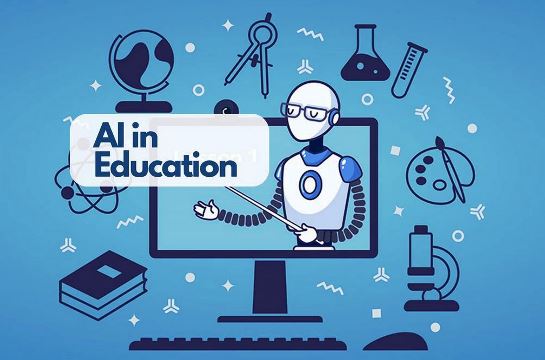
In the rapidly evolving landscape of education, Artificial Intelligence (AI) tools have emerged as powerful allies, revolutionizing the way students learn and educators teach. This transformative technology is not just a trend; it is a catalyst for innovation, efficiency, and personalized learning experiences. This article explores the profound importance of AI tools in education and their impact on shaping the future of learning.
One of the most significant contributions of AI in education is its ability to personalize learning experiences. Traditional one-size-fits-all approaches are no longer sufficient to meet the diverse needs of students. AI algorithms analyze individual learning patterns, adapt content delivery, and provide tailored recommendations, ensuring that each student progresses at their own pace and maximizes their potential.
AI-powered intelligent tutoring systems have redefined the role of educators by offering personalized guidance to students. These systems can identify areas where students are struggling, provide additional resources, and offer targeted feedback. This not only enhances the learning process but also allows teachers to focus on addressing specific challenges faced by individual students.
AI tools have streamlined the assessment process, automating the grading of assignments and tests. This not only saves time for educators but also provides instantaneous feedback to students, allowing them to understand their mistakes and make improvements promptly. The efficiency of AI in assessment enables educators to spend more time on teaching and mentoring.
Incorporating AI tools into the classroom enhances engagement by making learning more interactive and dynamic. Virtual reality, augmented reality, and gamification powered by AI create immersive learning experiences, capturing students' attention and fostering a deeper understanding of complex concepts.
AI enables the analysis of vast amounts of data to identify patterns and trends in student performance. Predictive analytics can help educators foresee potential challenges and intervene early to provide additional support to struggling students. This proactive approach contributes to reducing dropout rates and ensuring that every student has the opportunity to succeed.
AI tools break down geographical barriers, providing students around the world with access to high-quality education. Additionally, AI helps address learning disabilities by offering adaptive technologies that cater to diverse learning needs. This fosters inclusivity and ensures that education is accessible to a broader spectrum of learners.
The integration of AI tools in education is not just a technological advancement; it is a paradigm shift that empowers educators, engages students, and transforms the learning experience. As we navigate the complexities of the 21st century, embracing AI in education is not just an option; it is an imperative step towards creating a more personalized, inclusive, and effective educational system. The future of education is here, driven by the intelligence and adaptability of AI tools.